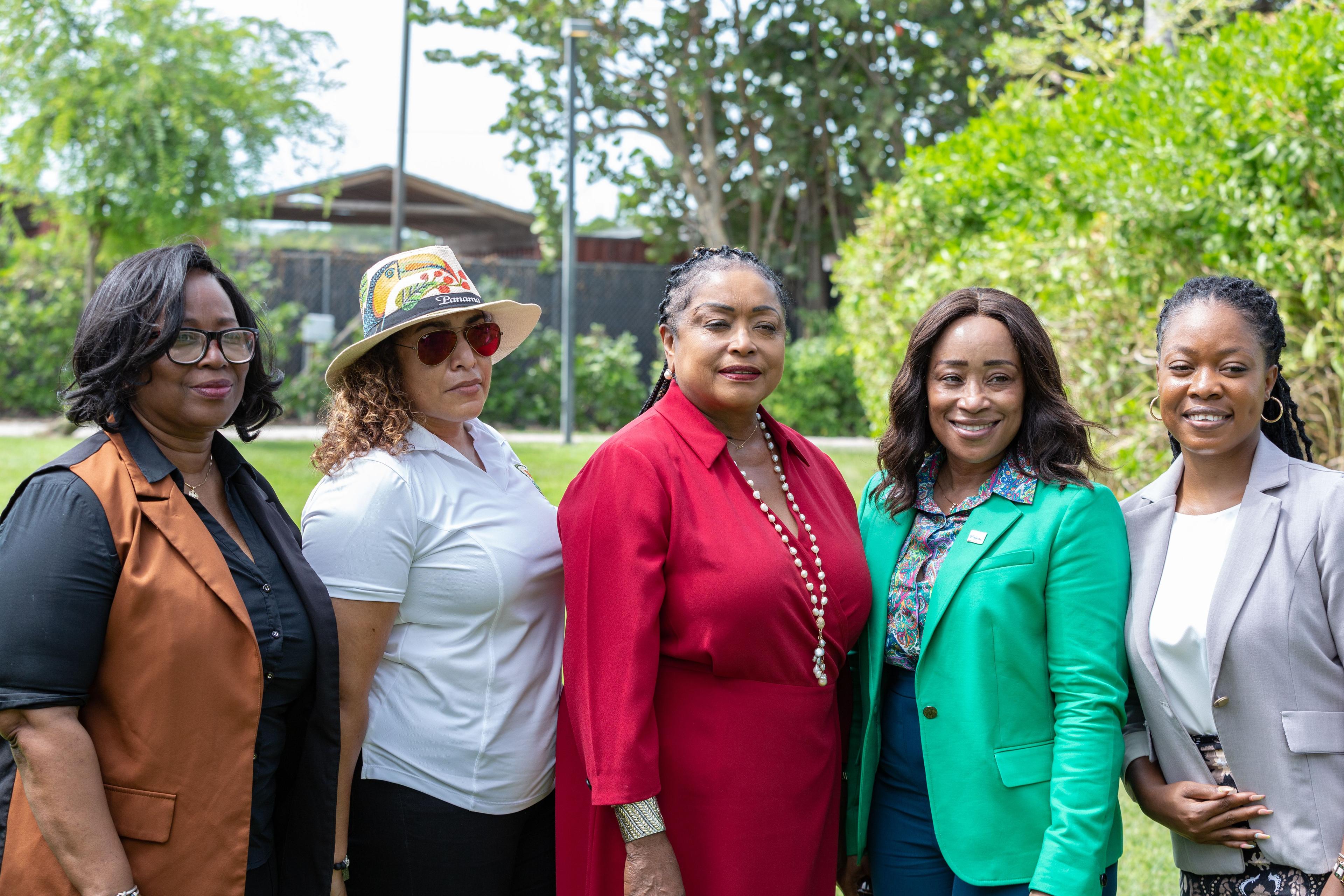
- turks & caicos|
- environment|
- July 2022
With demand for local farm produce currently exceeding supply across the islands, the Sandals Foundation and Beaches Resorts have collaborated to launch the first community compost training to strengthen food security and increase solid waste management.
Speaking at the recent launch ceremony on Tuesday, July 12, James McAnally, General Manager of Beaches Resorts TCI, shared that while the company strives to protect the environment and cater to its guests, it is of equal importance that Beaches Resorts strengthen the capacities of the surrounding communities.
"This Compost and Grow programme aims to strengthen food security across the Turks and Caicos Islands. It will introduce farmers to composting; bolster their capacities to increase produce yields; and reduce solid waste and greenhouse gas emissions.”
McAnally continued: "Teaching today’s farmers is critical, but sharing that knowledge with the next generation will be key to ensure sustainability. We are thrilled to have our Beaches team members leading this effort and sharing best practices with the communities.”
Sandals Resorts International, the operators of Sandals and Beaches Resorts, already sources over 90% of its food supply locally and is increasing its investment in agriculture and institutions, training the next generation of producers.
The Turks and Caicos Islands have a wide variety of soil quality and quantity spread across its many islands and cays. This has resulted in the concentration of the farming of produce to some islands more than others.
Courtney Missick, a well-known farmer in North Caicos, expressed the potential impact that this programme will have on food security and communities.
"If we continue to invest in the agriculture sector here in the Turks and Caicos Islands, I am certain that one day we will be able to feed the entire population on our home grown natural produce, Missick stated.
Hon Josephine Connolly, Minister of Tourism and Agriculture, who attended the ceremony, spoke to the national policy directive to strengthen the capacity of the citizens to eat more of what they grow.
Minister Connolly observed that the new Compost and Grow programme will hold numerous benefits for the island’s food security.
Georgia Scarlett, Environmental Coordinator at Sandals Foundation related that the programme will be two-pronged, providing an opportunity for students and farmers from surrounding communities to learn, participate, and share the acquired knowledge and practices with their communities.
"Phase one will see organic waste in the form of fruit and vegetable remains being separated by within the Resort’s kitchen. These will then be collected by the Grounds team to complete the compost production process by the addition of sand, along with periodic mixing and water.”
The compost produced by the family all-included resort will be used to fertilise gardens on the property adding nutrients to the adorning plants like ixoras, hibiscus, bougainvillea and more.
Schools to Join Compost Training
In addition to the workshops geared towards enhancing the capacity of farmers to produce and use compost, the programme will also engage several schools in the waste management practice.
Kyle Brinovcar, Assistant Grounds Manager at Beaches Resorts explained: "Phase two of the project will see members of the grounds team training students and farmers. Theoretical and practical compost production principles will be shared with the trainees to increase organic farming production in the island.”
The Compost and Grow programme builds on the islands Farming in Schools Programme, reducing not only solid waste but also greenhouse gases caused by carbon sequestration.
Hon Rachel Taylor, Minister of Education, emphasised the importance of the programme environmental education component as a key feature to sustainability.
Farming and agriculture support is one of the Sandals Foundation six key areas of intervention as it implements 40 key sustainable community projects in honour of its parent company’s 40th anniversary.
Other areas of intervention are conservation efforts and tours, supporting local artisans, small business and community market support, hospitality training and certification, and music education and entertainment.
